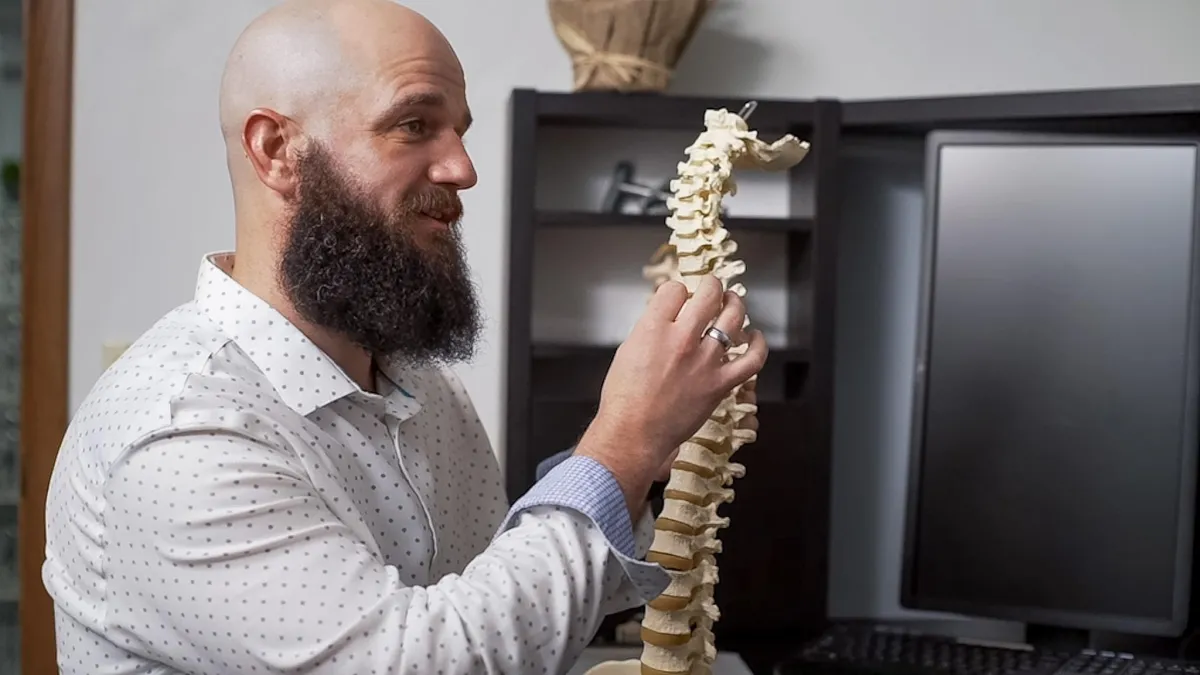
The Overlooked Link Between Your Spine and a Longer Life
A strong heart and a sharp mind are essential for a long, healthy life—but what about your spine? Research suggests that your spinal health plays a crucial role in how well you age.
How Your Spine Affects Longevity
Your spine isn’t just a structural support system—it houses your central nervous system, which controls every function in your body. When your spine is in poor condition, it can:
Restrict mobility, making it harder to stay active as you age.
Increase fall risk, leading to fractures, hospitalizations, and long-term complications.
Disrupt nerve communication, which can affect everything from digestion to immune function.
Studies have even shown that postural decline is linked to a higher risk of mortality—especially in older adults. People with forward head posture, spinal misalignment, or reduced flexibility often experience greater levels of pain, decreased physical function, and shorter lifespans.
How to Keep Your Spine Healthy for Life
Strengthen Your Core & Postural Muscles – A strong core keeps your spine supported, reducing stress on your vertebrae and joints. Focus on planks, dead bugs, and standing posture exercises.
Stay Mobile – Stiffness leads to weakness, and weakness leads to pain. Daily movement, stretching, and strength training help maintain spinal flexibility and function.
Prioritize Spinal Alignment – Misalignments can create nerve interference and decrease your body's ability to heal and regulate itself. Regular chiropractic adjustments can help keep your spine in optimal condition.
A Healthy Spine = A Healthier, Longer Life
A well-maintained spine can help you stay active, independent, and pain-free well into old age.
Book an appointment today and invest in a longer, healthier future.
P.S. Have you noticed changes in your posture or flexibility over time? Reply and tell us what’s changed!

